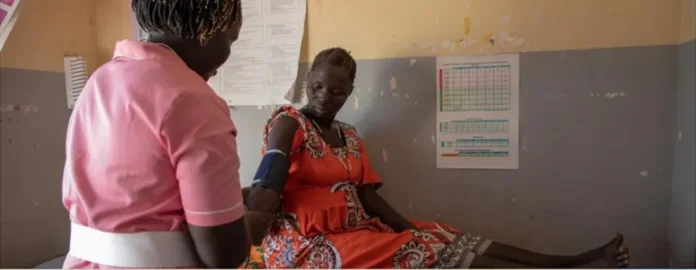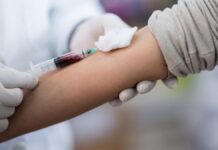The World Health Organization (WHO) has released its first-ever global guideline on managing sickle cell disease (SCD) during pregnancy, aiming to improve maternal and newborn outcomes in the face of a rising global burden of the disease.
Sickle cell disease, a group of inherited blood disorders characterized by misshapen red blood cells, affects approximately 7.7 million people worldwide, a number that has surged by over 40% since 2000. Most cases are concentrated in malaria-endemic regions, with sub-Saharan Africa accounting for nearly 80%, though the condition is also prevalent in parts of the Middle East, South Asia, and the Caribbean.
SCD significantly heightens pregnancy-related risks. Women living with the disorder face a 4- to 11-fold increased risk of maternal death compared to those without the condition. Complications such as pre-eclampsia, stillbirth, preterm birth, and low birth weight are also far more common.
“This new guideline aims to improve pregnancy outcomes for those affected,” said Dr. Pascale Allotey, WHO Director for Sexual and Reproductive Health and Research. “With sickle cell on the rise, more investment is urgently needed to expand access to evidence-based treatments during pregnancy as well as diagnosis and information about this neglected disease.”
The guideline offers over 20 evidence-based recommendations, including:
- Folic acid and iron supplementation (adjusted for malaria-endemic areas);
- Management of sickle cell crises and pain relief;
- Prevention of infections and blood clots;
- Prophylactic blood transfusions where appropriate;
- Enhanced monitoring of both mother and baby throughout pregnancy.
It also calls for respectful, individualized care, tailored to each woman’s medical history and needs, and emphasizes the importance of early counseling and stigma-free healthcare environments.
“It’s essential that women with sickle cell disease can discuss their care options early in pregnancy, or ideally before, with knowledgeable providers,” said Dr. Doris Chou, Medical Officer and lead author of the guideline. “This supports informed decisions and prepares for potential complications.”
The guideline underscores the need for a multidisciplinary care team including hematologists, obstetrician-gynecologists, midwives, and pediatricians. It also calls attention to the persistent underfunding and under-research of SCD, especially in pregnant and breastfeeding women, who are often excluded from clinical trials.
This new publication marks the first in a series of WHO guidelines focused on managing noncommunicable diseases in pregnancy, with future editions set to address conditions such as cardiovascular disease, diabetes, and mental health disorders.
As the sickle cell gene becomes more globally widespread due to population movements and longer life expectancies, WHO stresses that all healthcare systems, not just those in high-income countries, must be equipped to support safer pregnancies for women with SCD.
Written By Rodney Mbua



















